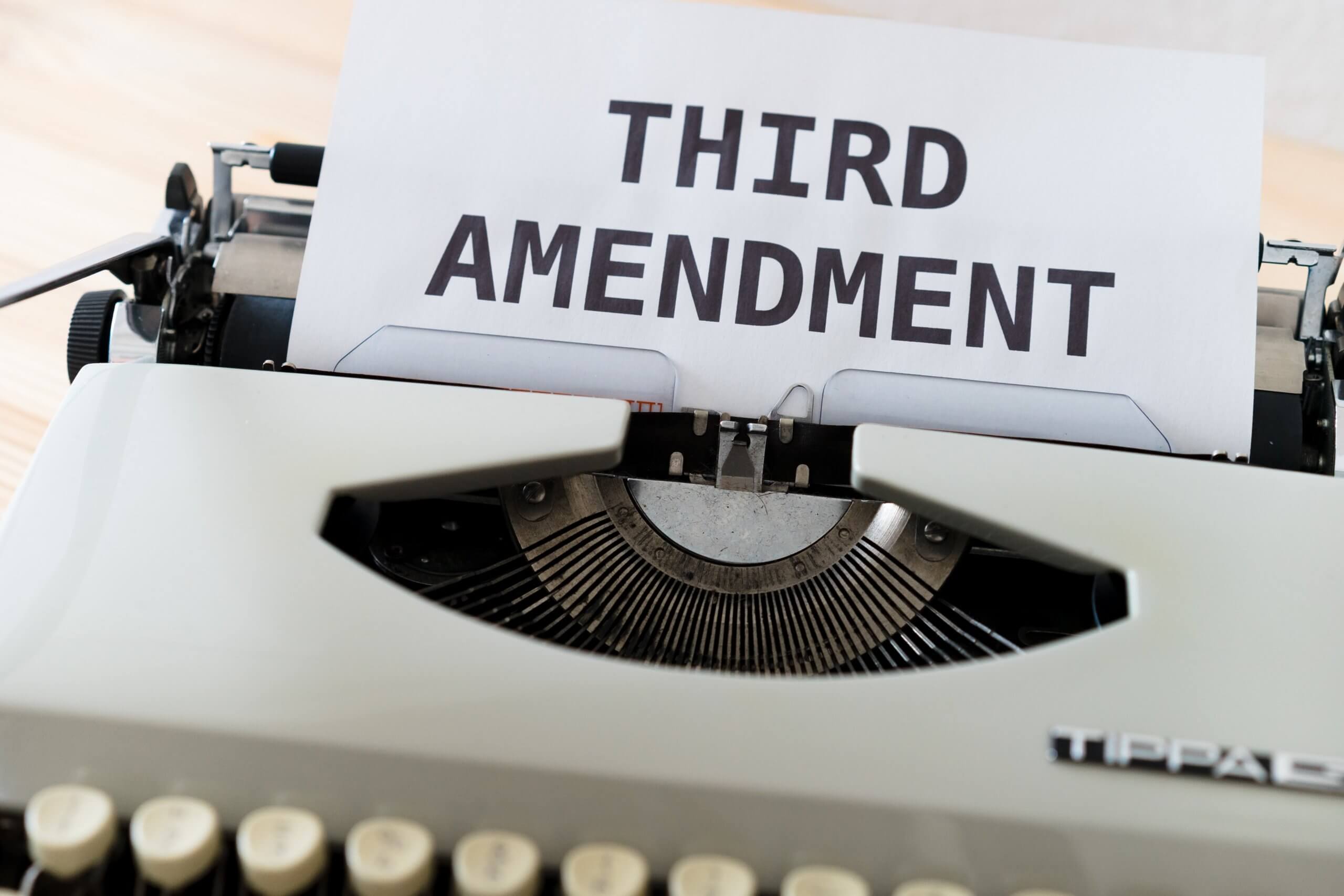The legal formalities required to create and amend a Will versus a Trust are not the same. In most states, including California and Hawai’i, a Will must be signed by the Testator and witnessed by two people. Exceptions apply. For example, both states allow for a Will to be handwritten by the Testator, and both states allow for the introduction of some evidence outside of the Will to prove the Testator’s intent, should these formalities not be observed. Amendments (or codicils) to a Will must also observe these formalities.
Trusts are different. They can be created by a signed writing, or even an oral declaration. Once in place, they can be amended or modified by the methods defined in the Trust. If an attempt is made to modify the Trust in a manner inconsistent with the Trust terms, the Court will find that amendment invalid.
Two Illustrative Cases
Pena v. Dey, 39 Cal. App. 5th 546 (2019)
The Decedent, James Robert Anderson (Rob) created a living trust in 2004 and amended it in 2008. In 2011, he was diagnosed with abdominal cancer and brain cancer. After his diagnoses, Rob became closer to an existing friend, Grey Dey (Grey), who acted as his caregiver until his death in May 2014.
In February 2014, James contacted his attorney and requested changes to his Trust. Anderson sent the attorney a copy of the 2004 Trust and a marked-up copy of the 2008 Trust amendment, which made numerous changes to his existing list of beneficiaries, along with amounts of distributions; he also added Grey as a beneficiary. With those copies, James attached a Post-it note to his attorney that read, “Hi Scott, Here they are. First one is 2004. Second is 2008. Enjoy! Best, Rob.”
The requested amendments were not completed before Rob passed. Rob’s Trust provided that an amendment must “be made by written instrument signed by the settlor (have we defined settlor yet?) and delivered to the trustee.” While the Probate Court found in favor of Grey, that the Trust had been properly amended, the Court of Appeals reversed that decision The appellate court found that the handwritten note did constitute a “written instrument”, but was invalid because it was not signed by the settlor. The appellate court further determined that the signature on the Post-it note did not count, as it was contained on a separate document.
In re Tr. Estate of Daoang, 87 Hawai‘i 200, 953 P.2d 959 (App. 1998)
On September 4, 1985, Gelacio Najorra Daoang (Gelacio) established a Trust. Gelacio was the Settlor of the Trust, and he remained the trustee until his death on September 9, 1991. His Trust provided that it “may be amended in any respect, but only by another instrument signed by both the Settlor and the Trustee during the Settlor’s lifetime.”
Prior to his death, Gelacio conducted correspondence with his attorney, providing written instructions on how he wanted his Trust amended. His correspondence was signed but was not notarized and did not identify him as the Settlor and Trustee. Gelacio’s attorney prepared and sent Gelacio a more formal document to capture the requested amendments Gelacio had made, but it was never signed, and there was no evidence it was received by Gelacio.
The Probate Court found that the requested amendments were invalid because Gelacio signed the letter “as an individual” and not “as Settlor and Trustee.” The Intermediate Court of Appeals of Hawai’i disagreed, finding that “[a]lthough the letter did not specifically designate either of these capacities, we believe that, given Gelacio’s actual roles as settlor and trustee, Gelacio’s signature was sufficient to meet the requirement that the amending instrument be “signed by both the Settlor and the Trustee during the Settlor’s lifetime.”
Takeaway
Amendments or changes to testamentary documents are not uncommon, but they must be done very carefully. Understand the applicable rules and required formalities when you make these changes, or they may have no effect on the original document. If you are in doubt as to whether your requested changes will be honored, Contact CASHMAN LAW today for a free consultation to see how we might when an estate plan has been changed, or needs changing.
Thank you for taking the time to read our blog. If you would like to receive notice as each new blog article is posted, fill out the “Contact Us” form and indicate in the comments section that you would like to receive an email. You will not be contacted for any other purpose, unless you specifically request it.
The contents of this blog are intended to convey general information only and not to provide legal advice or opinions. The posting and viewing of the information on this blog should not be construed as, and should not be relied upon for, legal or tax advice in any particular circumstance or fact situation. While effort is taken to update the information presented, it may not reflect the most current legal developments. Please contact CASHMAN LAW FIRM LLLC (Hawai’i)/ CASHMAN LAW LC (California) to consult with an attorney for advice on specific legal issues.


